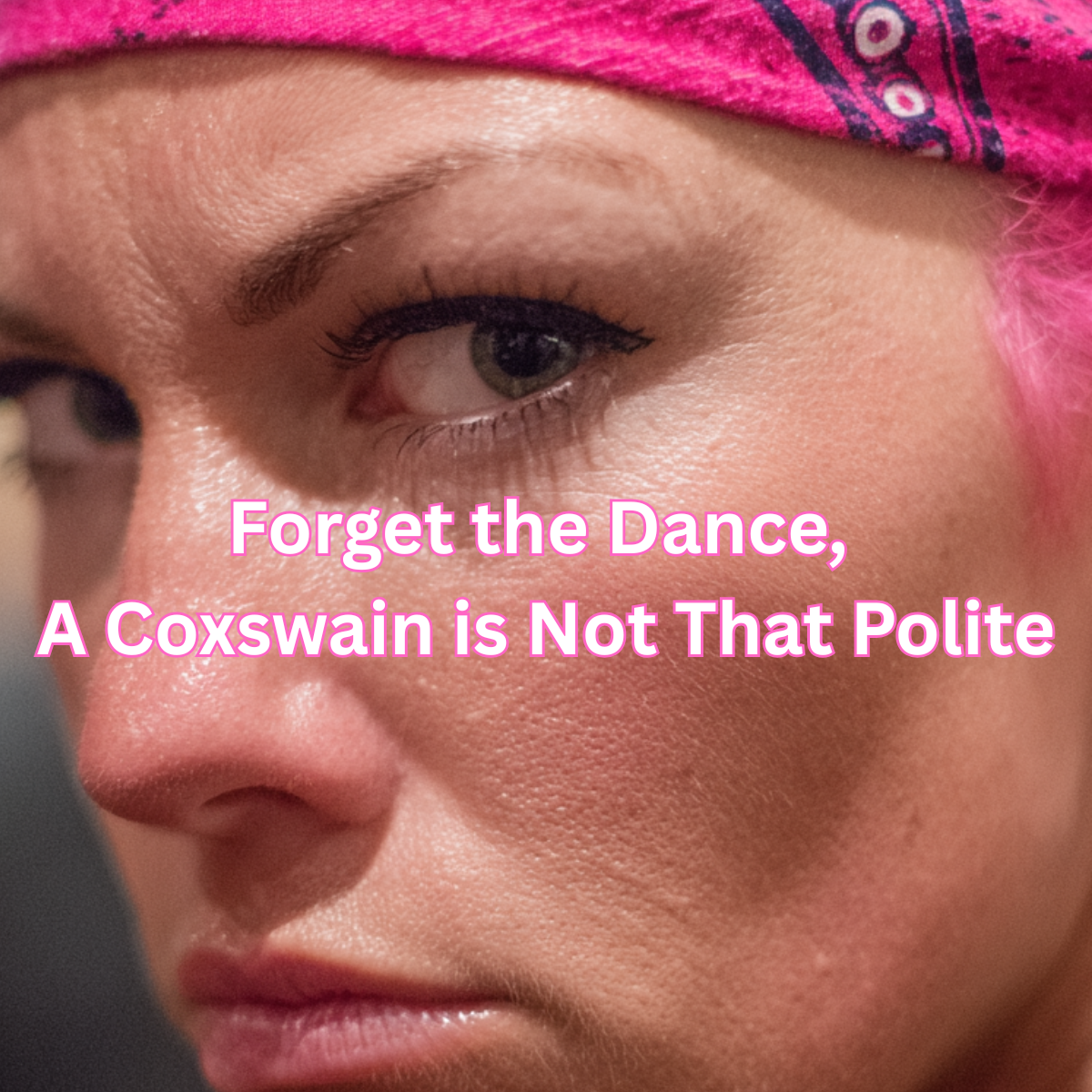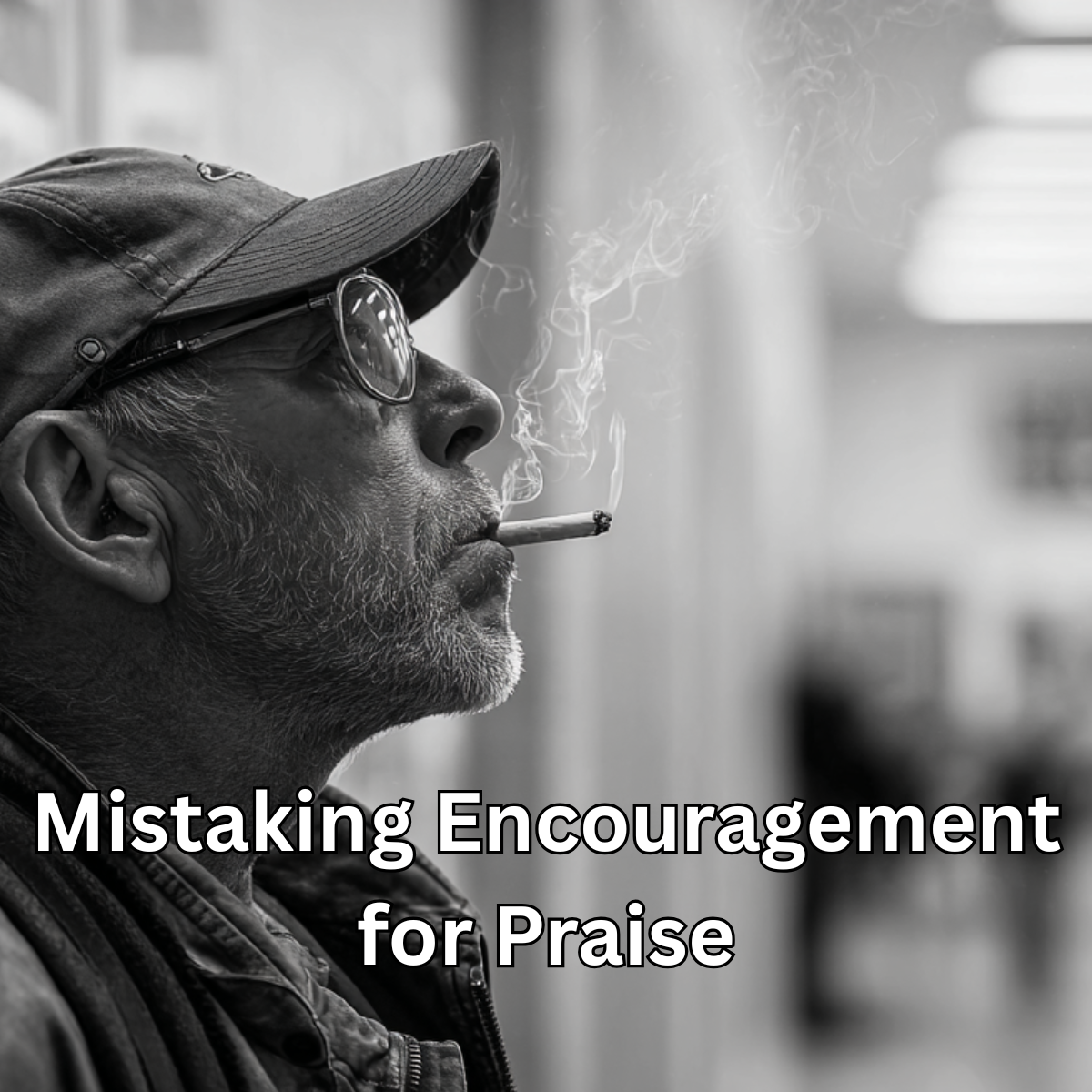I believe there are six major world religions that practice fasting in some formal way. The most famous is probably the Muslim faith which has a month of fasting called Ramadan (Ramazan). That month of fasting starts this year on April 23rd, in case you want to join in. This is famous because approximately 1.6B people all join in (for the most part) and it is a time of great celebration and fanfare in some parts of the world. It also has some fun rules, like if you blow it then you have to make up for it with another day later in the year or give a meal to a poor person. This is not complete fasting, you can eat before the sunrises and after the sun sets. You are required to abstain from all food and drink during the daylight hours. This is a time for spiritual enlightenment for Muslims and no wonder, the original leader Muhammad was known as a person who followed fasting as form of spiritual rejuvenation. Also consider this, fasting does not necessarily mean food and / or drink. It could be abstinence from all sorts of activities. Fasting from sexual relations, fasting from use of electronics, fasting from talking (yes, that is a thing too).
The other five world religions also have their way of using fasting as a way to grow the spirituality and strength of their people. The Baha’i faith follows a similar pattern as the Muslim tradition. The Jewish tradition requires followers to fast on the day of Yom Kippur, the Day of Atonement. There are also many other fast days they observe, most tied to some significant event in the long history of the Hebrew people. Moses was known to have fasted for 40 days in the wilderness in his attempt to commune with God. He returned from one of his fasting trips, down from Mount Sinai with the 10 commandments. Buddhists also fast, on full moon days and on many holidays. Their famous leader, Siddhartha Gautama, is famed to have fasted under a tree for six years fasting. This is not actually accurate. He left his palace to seek enlightenment for six years. During that time, he tried many things, including several penances, one of which was a few long term fasts. He eventually came up with what is called the “Middle Way.” This is a compromise between the extremes, and part of the Buddhist mindset. I find the whole story fascinating, really, how fasting is viewed. It is beneficial, yes, and to the extreme can help with mental focus and clarity but can also harm the physical body and produce an even greater distraction!
Of course, the Hindu faith is also known to fast. Also on new moon days and during festival times. They have had many leaders, yogis, and other spiritual leaders proclaim that fasting is really important. Mahatma Gandhi is probably the most famous personality that used fasting as a method for spiritual and mental strength, but he was probably the first celebrated for using the hunger strike as a political weapon. Quite effective. Many have followed the same pattern. Marion Dunlop and Alice Paul fasted during the suffrage movement. Several Irish leaders took to hunger strikes to protest British rule. Personalities like Thomas Ashe, Terence MacSwiney, Denny Barry, and Bobby Sands. Cesar Chaves also held a long, 36 day fast in his protest for workers rights. You also have large groups that when on hunger strike, for example the students in Tienanmen square. You also have the Hollywood celebrity types. They go on hunger strikes from time to time, Mia Farrow was probably the most known for this. Keep in mind, their idea of a hunger strike is a day or two with as much fan fare as possible for whatever cause they have taken on that week.
Christianity is of course also known for fasting. It is written that Jesus Christ fasted for 40 days and 40 nights in order to defeat Satan. His battle is documented in the New Testament. It is interesting to note that when Jesus’ fast ended is when he started his three year ministry which would culminate in his death. Most Christian religions have adopted fasting in some manner. Roman Catholics fast on Ash Wednesday and Good Friday. They also practice a form of fasting on every Friday during the season of Lent. Mormons have a world wide fast every first Sunday of each month. Every member is asked to fast that day, abstaining from food and drink. They then give the money they save from that effort to the needy in their communities.
So it seems fasting, and the various forms of it, have been practiced a long time. Fasting is always a topic in health discussions. Nowadays, intermittent fasting has become all the rage. Skipping a few meals on a regular periodic timetable has been tested and proven in some regard as to having health benefits. Other fasting methods have been touted by many and there are lots of followers of each of these. You can do a search on the topic, you will find community forums, and websites dedicated to each of these methodologies.
What I have learned, for myself, and not for you or anyone else, is that long term fasting has some significant benefits. I have also learned that if not done correctly, a long term fast can have disastrous health consequences. I consider a long term fast as anything greater than 72 hours. This is because, the body will take about 72 hours to burn through all the glycogen stores in the blood stream, kidney’s, liver, and muscles. Once all that is gone, the body then turns exclusively to fat stores. The body then produces the necessary energy through metabolizing fat. A process called Ketosis, or at least that is the byproduct of the process that can be tested in your urine. The body produces this by product called Ketones. So when you hear the “Keto” diet, you now know the root of that term. You can get the body to turn to this mode over a longer period of time, by simply removing all simple sugars and carbohydrates from your diet and over time your body will eventually need to pull from fat stores to make up the difference. Taken to far, the body will eventually start to break down muscle tissue at an alarming rate, but that can usually be mitigated with a proper diet. Which is what followers of this type of diet plan have figured out.
Long term fasting is usually bad because people are missing some key ingredients in their body. Water is the primary. You really cannot survive without a water source for very long. Long term fasting without any form of liquid is just stupidity. So most long terms fasting people will call this a “water only fast.” This type of fasting is not a good idea drinking bottled, distilled water either. You actually need certain minerals in your body just to produce basic cellular function. This is what kills you btw. You have to have sodium, magnesium, potassium, phosphates and other electrolytes to live. These are the basics of cellular function. There are also other vitamins that are required, but only in trace quantities. Most of the really bad vitamin deficiency problems would not occur in a starving person until well past 30 days, however this may not be true if the person was already malnourished when they started fasting.
Long term fasting causes side effects which are not pleasant. If you were addicted to caffeine for example, you will enjoy the headaches. Your body starts to go through a process of reducing toxicity levels. This will require several unpleasant trips to the restroom. Just so you know, it takes three days (give or take a few hours) for the body to completely remove all the waste from the upper and lower intestines. You will also urinated an incredible amount in the first 3 days. That will slow down, but what is happening is that your sodium levels are dropping and consequently you are expelling the excess water in your body. Once you have gone through that process, you will discover that the mind becomes very alive. This is because the human body will protect the mind above all other parts. It would even use the muscle tissue around the heart before it would start using anything that the mind needed to function. Self preservation at the extreme! Most long term fasting people that have died, have died do to heart failure because important cellular function stopped or the muscles became so weak, the heart could not keep up. Usually this occurs because of a pre-existing condition that was aggravated by the weakened state.
After 72 hours, the mind becomes really active. A new energy source, much slower burning becomes available. Your breath starts to stink, you get a funny taste at the back of your tongue. However, your energy levels return and you start to feel pretty good. All of your problems at that point are emotional and mental challenges. These can be the worst for long term fasting. When you do not have food to distract you, preparation of it, cleaning, and the effort it takes the body to digest it, you are left with a lot of time on your hands. What do you do with yourself? If you do not have a great relationship with yourself, you will find that out after 72 hours of fasting! That is when the real personality issues come rushing to the surface. You get very unhappy with this, commonly lashing out at loved ones because you want to be left alone. This is because you have some really difficult things to battle through, and you are realizing it. Long terms fasting people are some of the only few to realize this. Buddha, Jesus, Muhammad certainly did. If you want to really face reality, this is probably the single greatest benefit, and perhaps the most difficult of a long term fast.
There are other benefits. Weight loss for one. However, that is fleeting. Here is why. You reduce your metabolic rate. For example, you might have been at a 2000 calorie intake requirement before the fast. After the fast, you could be at 1800 per day. When you stop fasting, you start eating again, and if you do not adjust your portion and consumption rate, the intake you are bringing in will get you back to where you were pretty quickly. So most weight loss gains are only temporary from long term fasting, unless you make adjustments to your dietary intake. The best benefit of long term fasting is that you can break through addictions. Not major ones, like heroine, but small ones like sugar. IF you were addicted to sugar before the fast, you will not be when you are done. A bowl of chicken broth will seem amazing to you after 72 hours of not eating. A single piece of broccoli will be like a full course meal to you at that point. You want to enjoy eating again, then go on a long term fast.
Long term fasting helps you feel more grateful for what you have. You tend to sort out your problems. Your sleep might improve, although that takes a while. The brain is very active when you are long term fasting. Sleep maybe more difficult for you. Consequently, I recommend long periods of meditation, rather then just trying for normal sleep. Meditation can produce the same benefit, and you will most likely feel rejuvenation from them. Long terms fasting is also great for moderate exercise, like walking in a pool, or taking a hike in nature. You will note that all your senses are heightened, things will appear more alive to you. Finally, a long term fast is a great way to start a new life changing commitment.
Having said all that, a long term fast is not for everyone. I have consulted my personal physician when I have done so, and this last few years I have adopted a process of drinking an electrolyte supplement with my water. I have noticed that this reduces the side effects. I just feel better and have less pain in my abdomen during the first 72 hours. I have also learned to not talk about it much, Jesus was right. This is a private affair, and is best kept between the person and whatever God they believe in. Long Term fasting may or may not be your thing. For me, it is beneficial probably worth at least once a year. I think this time period, for me, is a great time to do another one. Long Term fasts are best done when you do not have to travel a lot!
Guy Reams



